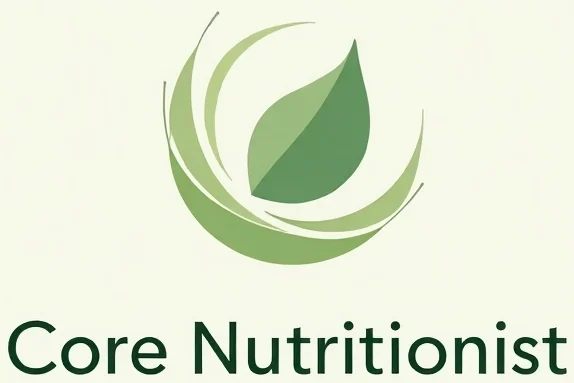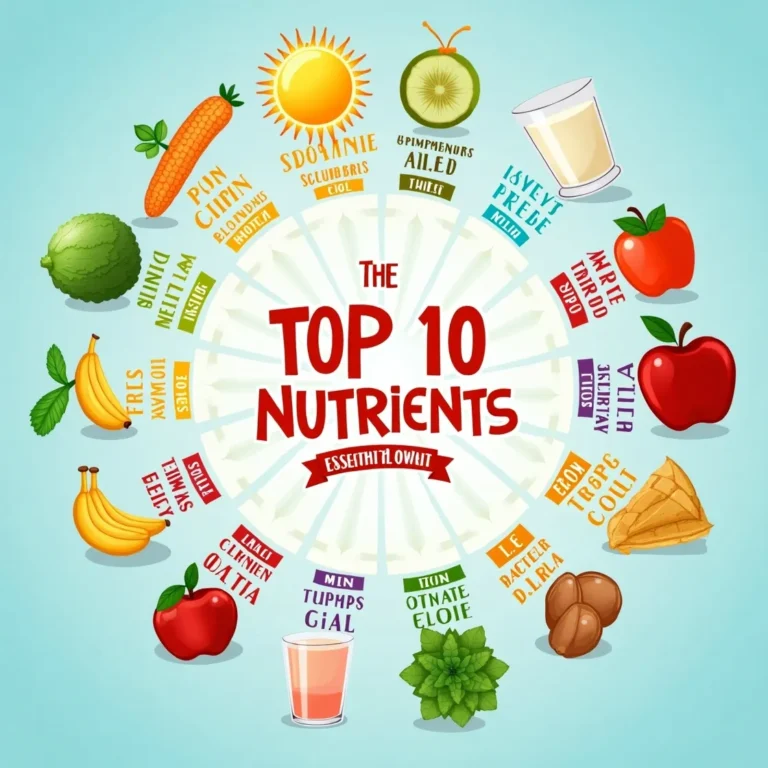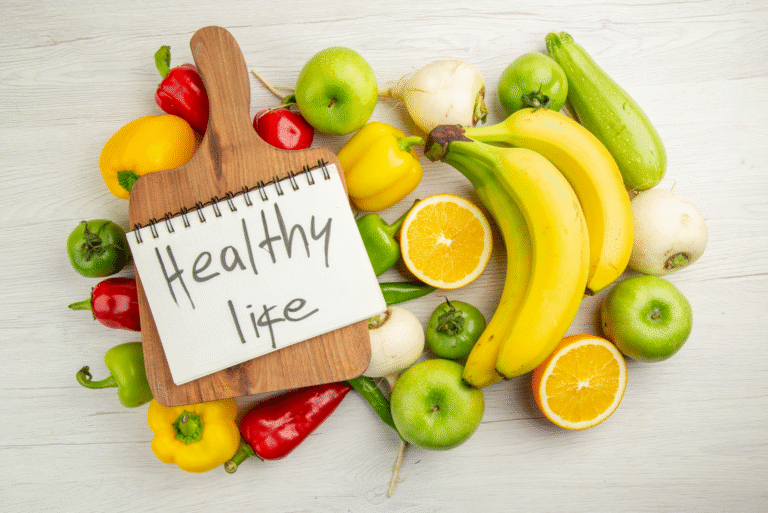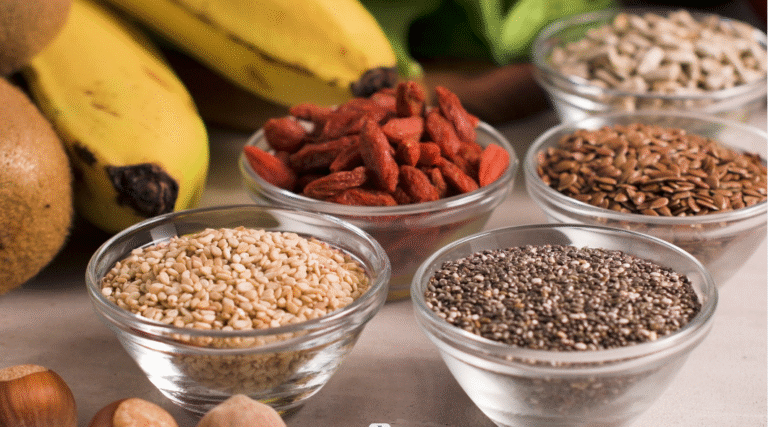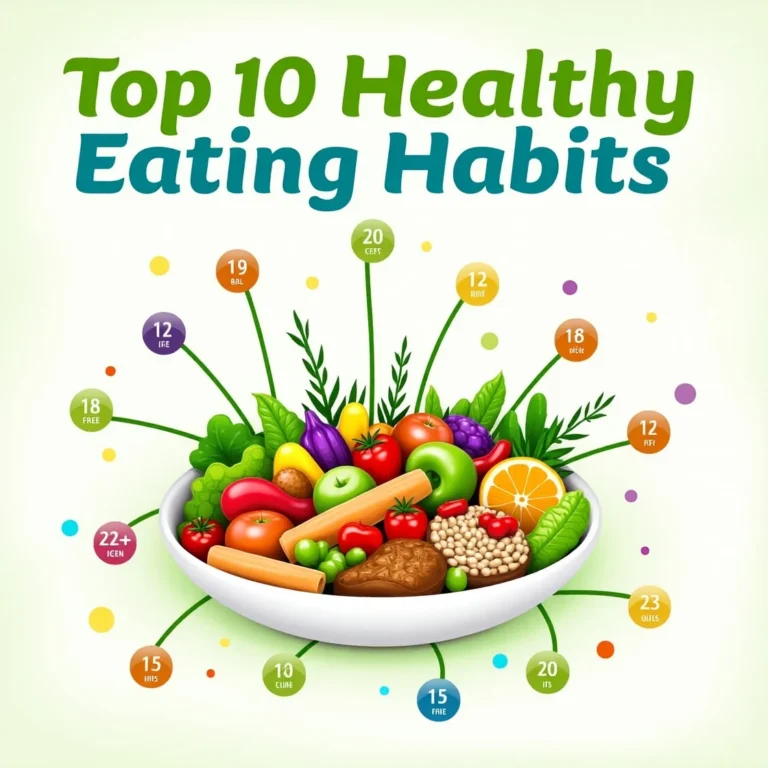Top 10 Nutrition Myths Debunked – Facts You Need to Know
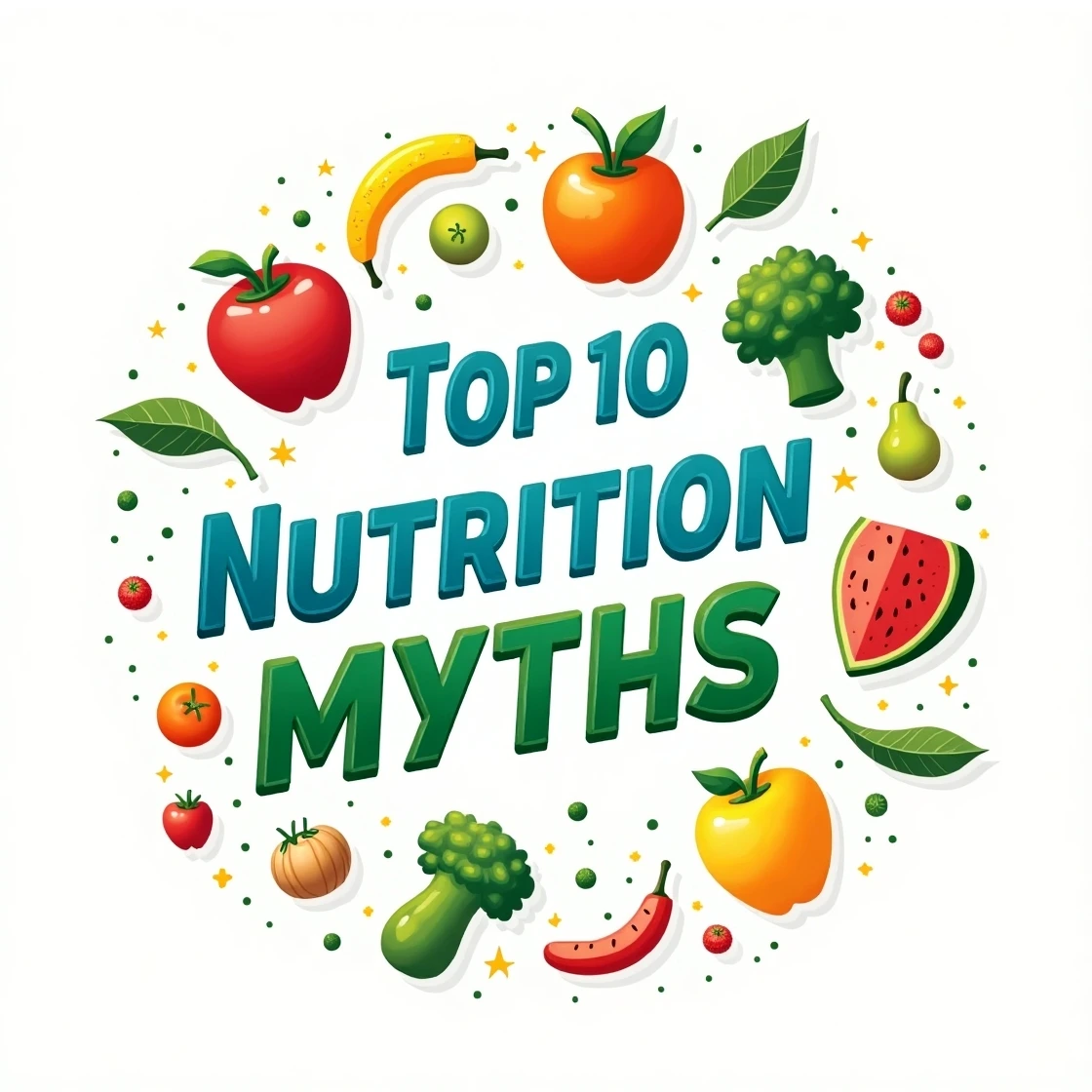
Nutrition advice is everywhere—from social media influencers to television commercials. Unfortunately, not all of it is accurate. With so much conflicting information, it can be hard to separate fact from fiction. In this article, we’ll debunk ten of the most common nutrition myths using science-backed evidence.
1. Carbohydrates Make You Fat
The Myth: Eating carbs leads directly to weight gain.
The Truth: Carbohydrates are not inherently fattening. What contributes to weight gain is consuming more calories than you burn, regardless of whether those calories come from carbs, protein, or fat.
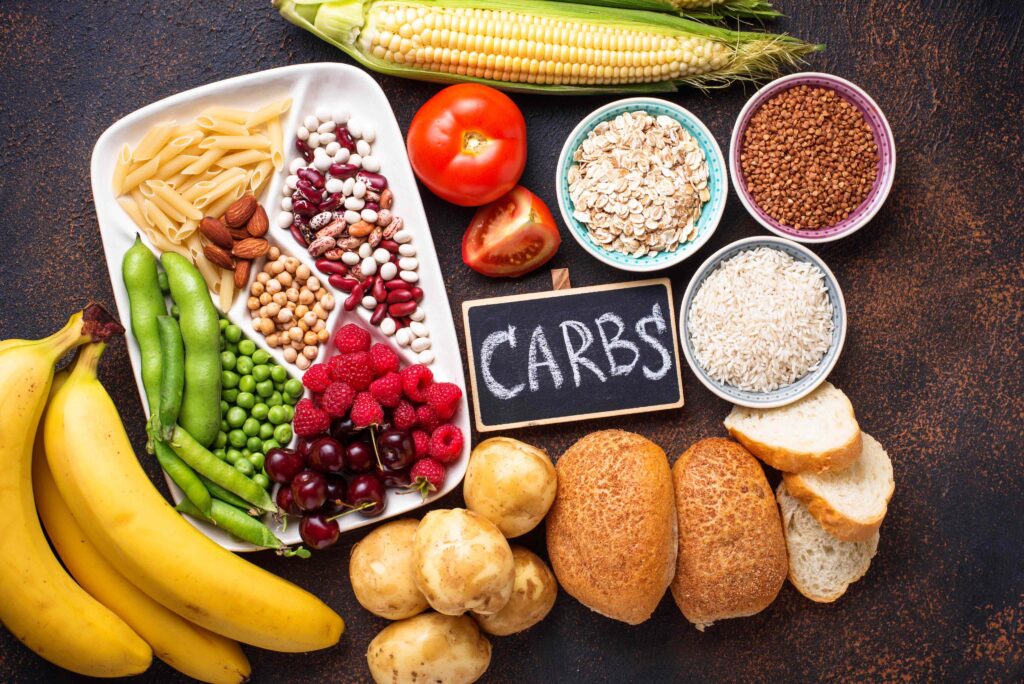
Carbohydrates are the body’s preferred energy source. Whole grains, fruits, and vegetables are rich in complex carbs, fiber, and nutrients. In contrast, highly processed carbs like white bread and sugary snacks can contribute to weight gain due to their low satiety and high calorie density. It’s not the carbs, but the type and quantity that matter.
2. Fat Should Be Avoided for a Healthy Diet
The Myth: Eating fat will make you fat and harm your heart.
The Truth: Not all fats are created equal. Healthy fats—such as monounsaturated and polyunsaturated fats found in nuts, seeds, avocados, and oily fish—are essential for heart health, brain function, and hormone production.
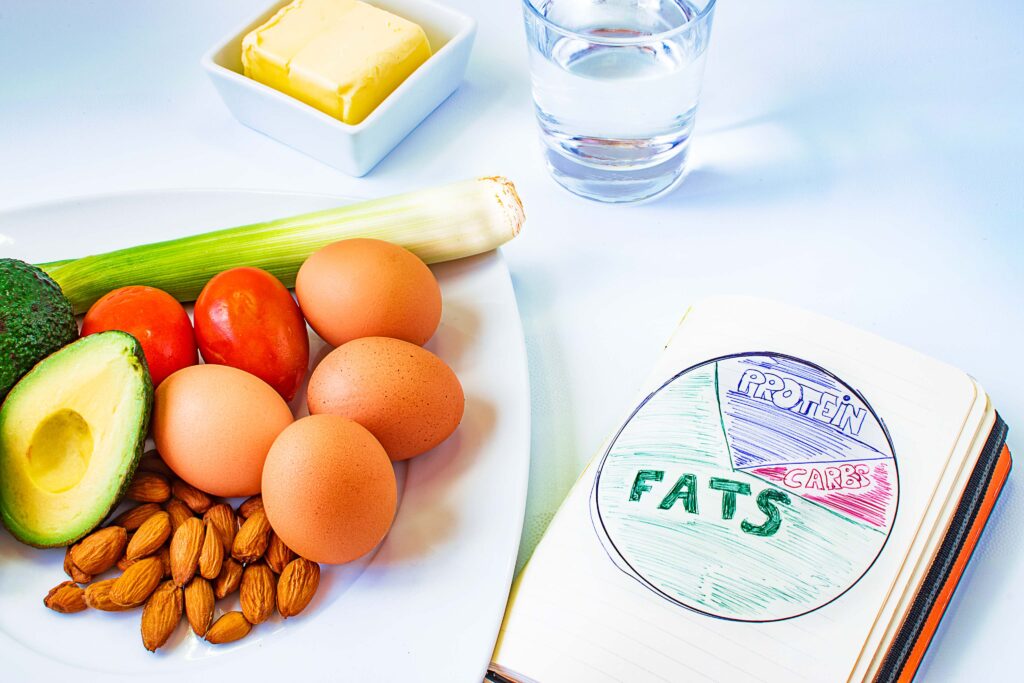
What should be limited are trans fats and excess saturated fats found in processed foods. Studies show that replacing saturated fats with unsaturated fats can reduce the risk of heart disease. Rather than cutting fat entirely, focus on incorporating healthy fats into your meals in moderation.
3. Eating After 8 PM Causes Weight Gain
The Myth: Any food eaten late at night turns into fat.
The Truth: Weight gain is influenced more by total daily calorie intake and physical activity than by the timing of meals.
While late-night snacking can lead to weight gain if it increases your overall calorie intake, eating dinner at 9 PM doesn’t automatically make you gain weight. What’s important is what and how much you eat—not just when you eat.

That said, poor late-night food choices (think ice cream or chips) and eating out of boredom are common culprits behind this myth’s origin.
4. Detox Diets Cleanse Your Body
The Myth: Detox teas, juices, and cleanses help rid your body of toxins.
The Truth: Your body already has a sophisticated system—comprising the liver, kidneys, lungs, and skin—that effectively removes toxins.
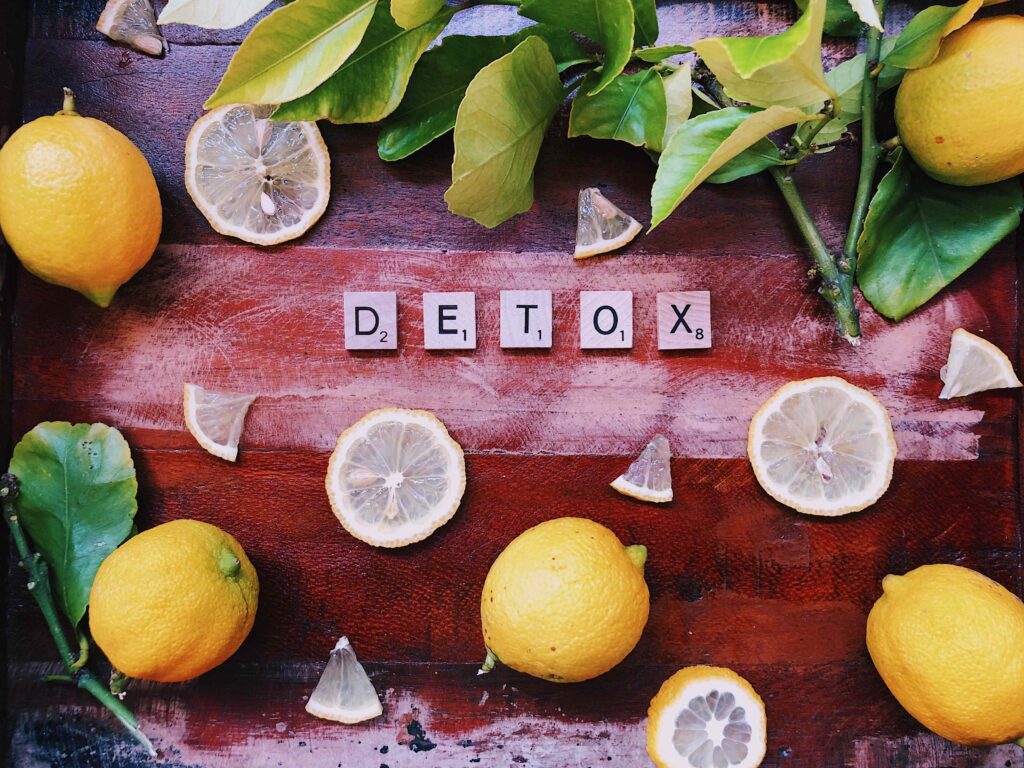
There is no scientific evidence that detox diets help eliminate toxins or result in long-term weight loss. Many detox plans are low in calories and nutrients, which can lead to fatigue, muscle loss, and nutrient deficiencies. Instead of short-term cleanses, focus on sustainable habits like drinking water, eating fiber-rich foods, and reducing alcohol and processed food intake.
5. High-Protein Diets Are Bad for Your Kidneys
The Myth: Eating too much protein damages your kidneys.
The Truth: For healthy individuals, there is no evidence that high-protein diets impair kidney function. This myth stems from research on people with existing kidney disease, for whom protein restriction is sometimes recommended.
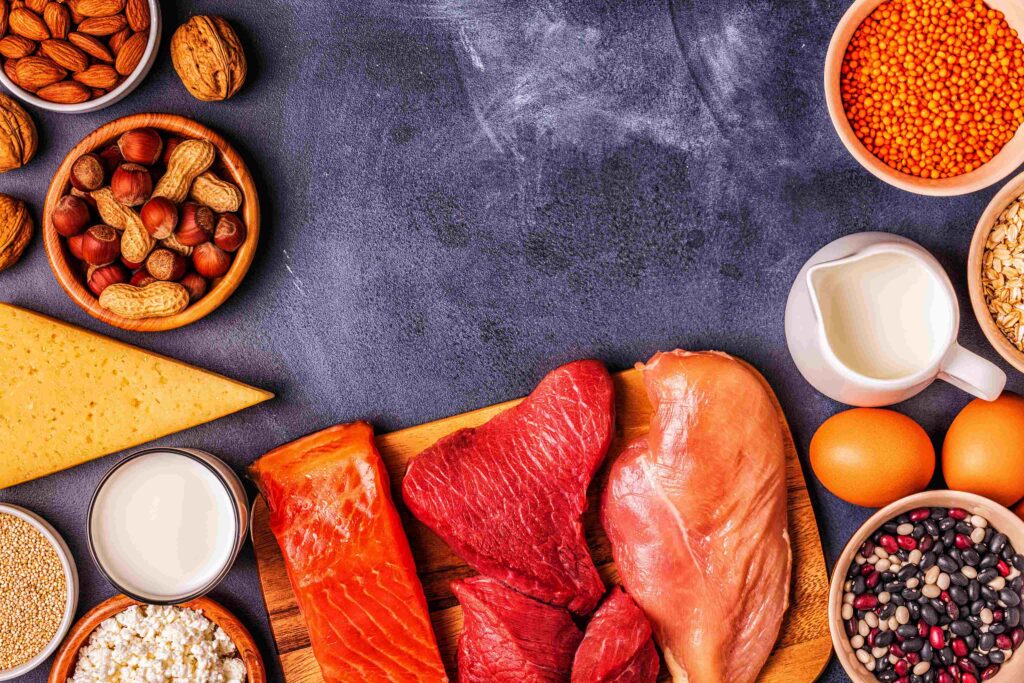
Protein is essential for building muscle, repairing tissues, and producing enzymes and hormones. Unless you have pre-existing kidney issues, eating a high-protein diet—especially from quality sources like lean meats, legumes, dairy, and tofu—is safe and can support weight management and overall health.
6. All Calories Are Equal
The Myth: A calorie is a calorie, no matter where it comes from.
The Truth: While a calorie is a unit of energy, the source of those calories significantly impacts hunger, metabolism, and overall health.
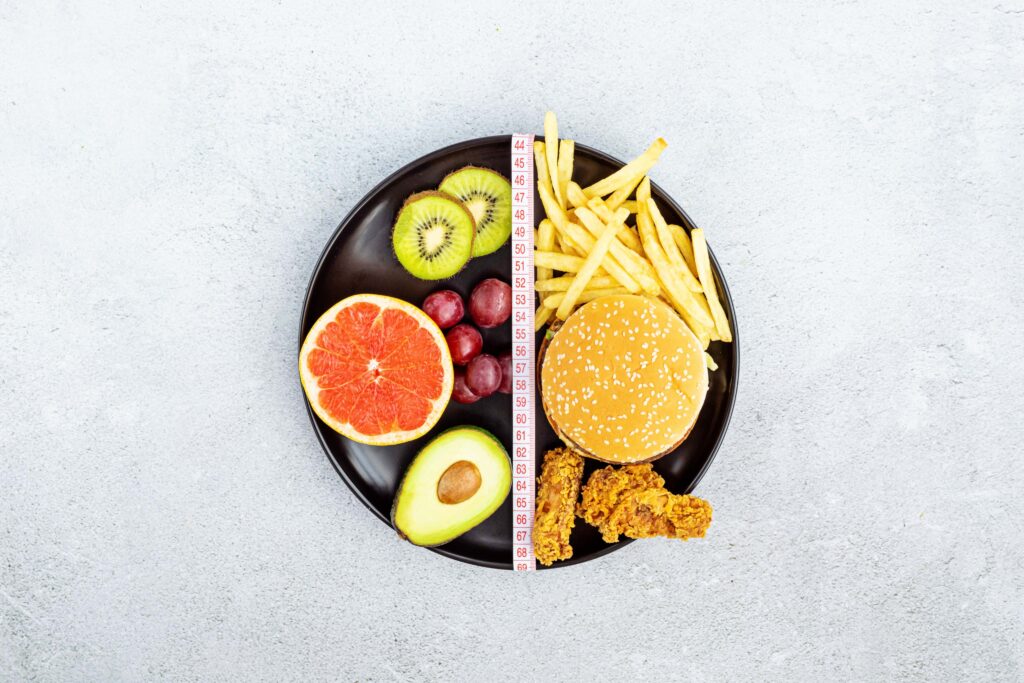
For example, 200 calories from candy affects your body differently than 200 calories from grilled chicken and vegetables. Whole foods typically contain more nutrients and fiber, promoting satiety and stable blood sugar levels. In contrast, ultra-processed foods can trigger overeating and nutrient deficiencies. Focusing solely on calorie counting ignores food quality, which is crucial for long-term health.
7. You Need Supplements to Be Healthy
The Myth: Supplements are essential for optimal health.
The Truth: Most people can get all the nutrients they need from a balanced, varied diet. Whole foods provide not just vitamins and minerals but also fiber, antioxidants, and other compounds that work synergistically to support health.
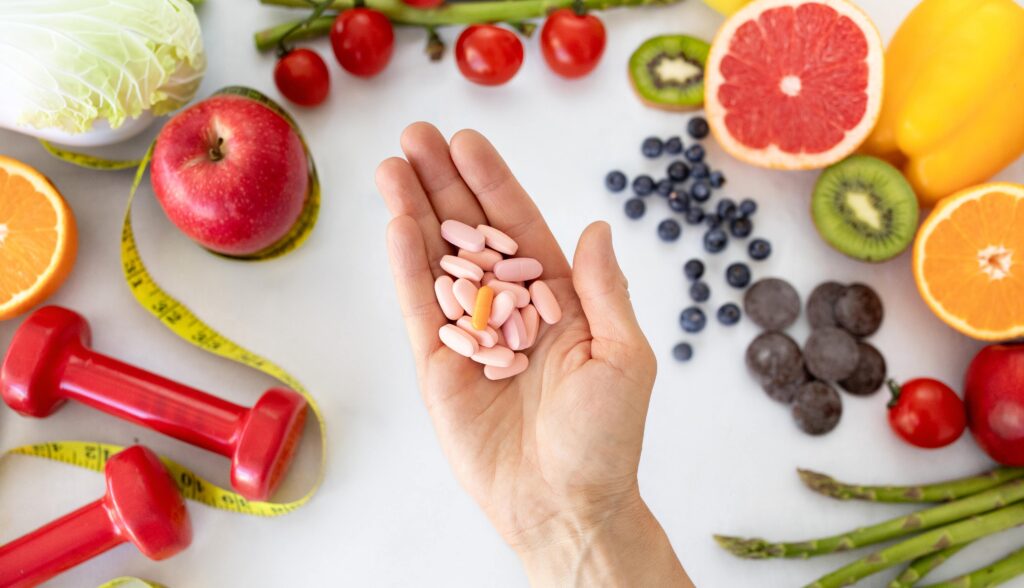
That said, certain populations—like pregnant women, the elderly, vegans, or those with specific health conditions—may benefit from targeted supplements such as vitamin D, B12, or iron. But for the average person, supplements are not a substitute for healthy eating.
8. Gluten-Free Means Healthier
The Myth: Gluten-free products are healthier and promote weight loss.
The Truth: Gluten is a protein found in wheat, barley, and rye. For people with celiac disease or gluten sensitivity, avoiding gluten is essential. However, for the general population, there’s no benefit to eliminating gluten.
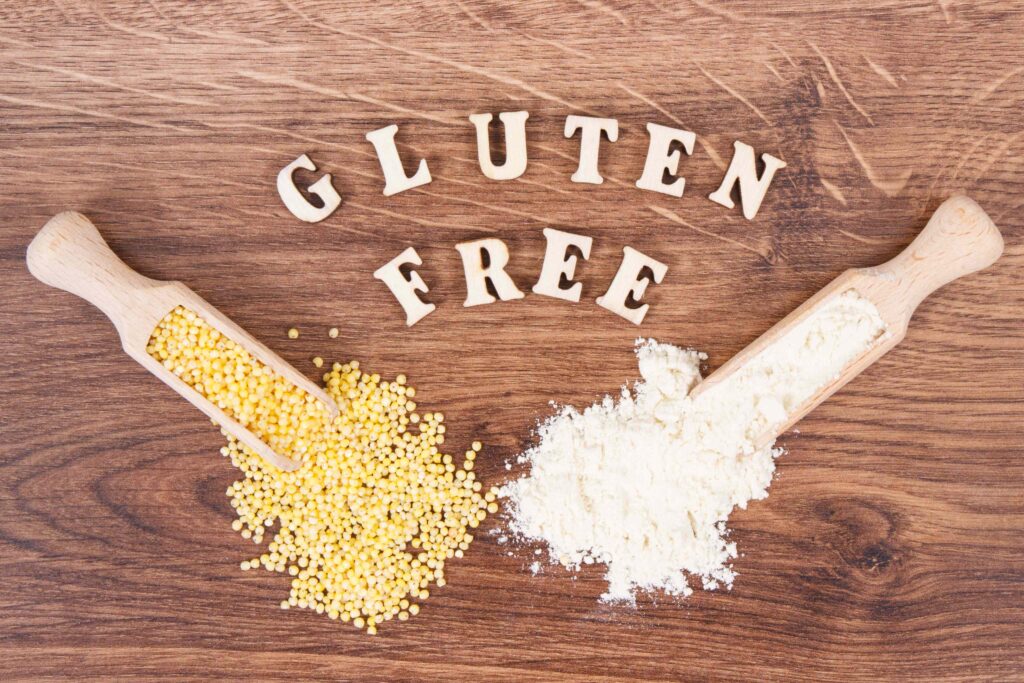
In fact, many gluten-free processed foods are higher in sugar and fat and lower in fiber and nutrients compared to their whole grain counterparts. Going gluten-free without medical necessity can limit food choices and reduce dietary quality.
9. You Must Eat Small Meals Every 2–3 Hours to Lose Weight
The Myth: Eating frequent small meals boosts metabolism and helps with weight loss.
The Truth: The number of meals you eat per day does not significantly affect metabolism. What matters more is total daily calorie intake and food quality.
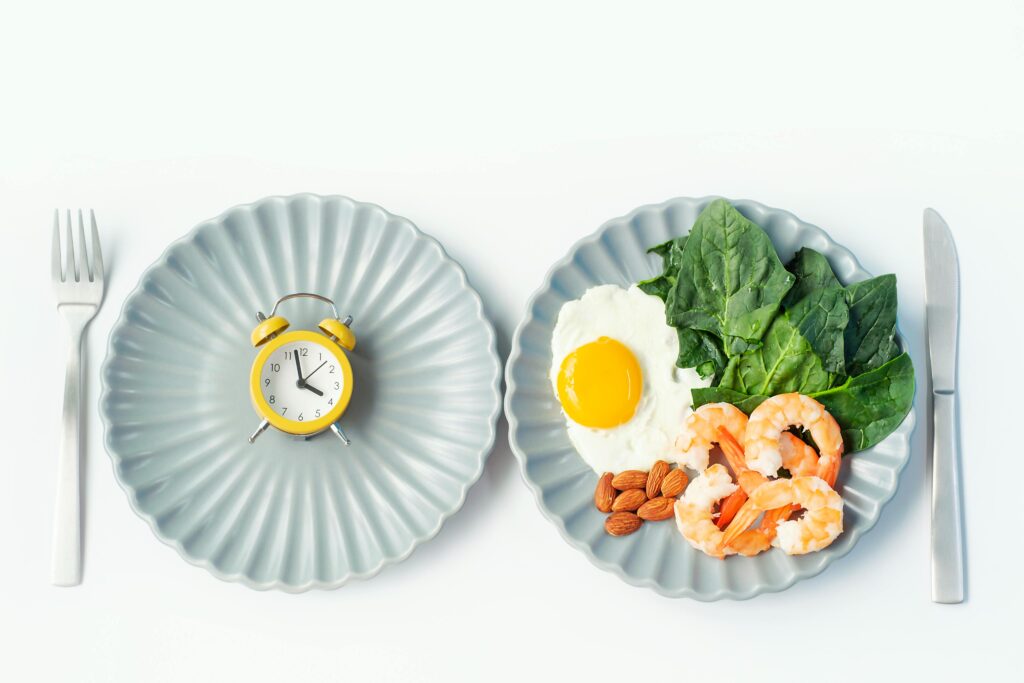
Some people thrive on three balanced meals a day, while others prefer more frequent, smaller meals. Intermittent fasting—eating within a specific time window—is also effective for some. The best meal pattern is the one you can stick with long term and that supports your health and lifestyle.
10. Natural Sugars Like Honey or Agave Are Healthier Than White Sugar
The Myth: Natural sweeteners are much better for you than refined sugar.
The Truth: While honey, agave, and maple syrup contain trace nutrients, they are still forms of added sugar and should be consumed in moderation.

These sweeteners impact blood sugar and calorie intake much like white sugar does. Overconsumption of any added sugar, regardless of the source, can lead to weight gain, diabetes, and other metabolic issues. The World Health Organization recommends keeping added sugars to less than 10% of daily calories—ideally closer to 5%.
Conclusion: Focus on Balance, Not Extremes
Nutrition doesn’t have to be confusing. Many myths thrive because they offer quick fixes or play on fears, but lasting health comes from balanced, evidence-based habits:
- Eat a variety of whole, minimally processed foods.
- Include fruits, vegetables, whole grains, lean proteins, and healthy fats.
- Stay hydrated, be active, and get adequate sleep.
- Be skeptical of extreme claims or miracle products.
Instead of following the latest fad or myth, listen to your body and aim for consistency over perfection. Remember: good nutrition is not about restriction—it’s about nourishment.
